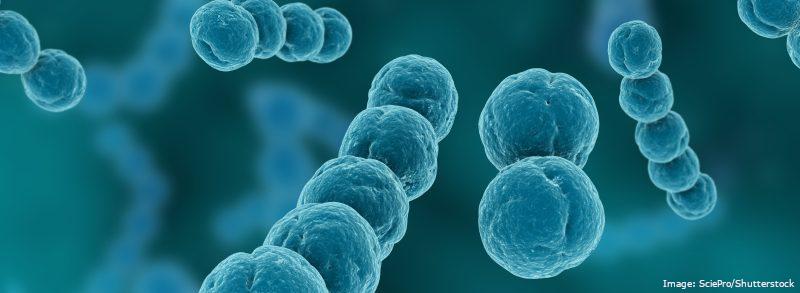
Submitted by Maria Bargues-Ribera on Thu, 13/10/2022 - 09:15
ContextEvery year, Cambridge Infectious Diseases organises a competition for undergraduates to submit research proposals for a summer studentship. This summer, CID awarded the grant to Asta Hobbs-Hart, a BA student in Natural Sciences. We have asked her about her summer project experience. |
Why did you decide to apply for the CID Summer Studentship?
Due to my financial situation, I had lost out on a lot of summer project opportunities and was very eager to get some hands-on research experience. My fundamental interests have always been the study of infectious diseases. Taking part in research which was not only greatly interesting but could also have important implications for human and animal health was an opportunity that I'm really grateful for. The CID studentship gave me the freedom to take part in and make full use of that research experience.
Which lab did you choose and why?
I chose Dr Lucy Weinert’s lab for multiple reasons. Her bioinformatics work on the evolutionary history of bacteria and pathogen emergence interested me greatly, as this aligned perfectly with my key interests in evolution and disease microbiology. I was first interested in a bioinformatics paper, which Dr Weinert had contributed to on Y. pestis*, a particular favourite of mine among bacteria, and when I saw that the option was open for a summer student, I was eager to contribute any way I could. With S. suis (in which the research was specialised) being slightly out of my comfort zone, I was very keen to expand my knowledge and get a broader sense of microbiological research and the research areas I may contribute to in the future.
How was your experience? What did you learn?
My experience was incredibly rewarding. I felt very supported, but I also loved having a lot of freedom to perform a protocol single-handedly and attempt to adjust and troubleshoot it. I learnt a lot about protocol design, scientific writing, presentation, timekeeping, as well as some bioinformatics and basic procedures, such as designing risk assessments and troubleshooting protocols. I also learnt a lot about timekeeping, particularly in running multiple protocols at a given time. Being involved with the lab meetings was a definite highlight and gave me a real sense of the social and presentation aspects of research work, as well as being able to discuss my results and methodology with other researchers.
Would you recommend it to other students?
I’d absolutely recommend taking a project and being funded by the CID summer studentship made this a possibility for me. Getting experience in real and valuable research was so rewarding, both in learning about the profession and in complementing my academic growth. It was a great experience and has really given me a powerful insight into my future career and the direction of my research.
*Cui, Y., Yu, C., Yan, Y., Li, D., Li, Y., Jombart, T., Weinert, L.A., Wang, Z., Guo, Z., Xu, L. and Zhang, Y., 2013. Historical variations in mutation rate in an epidemic pathogen, Yersinia pestis. Proceedings of the National Academy of Sciences, 110(2), pp.577-582.

